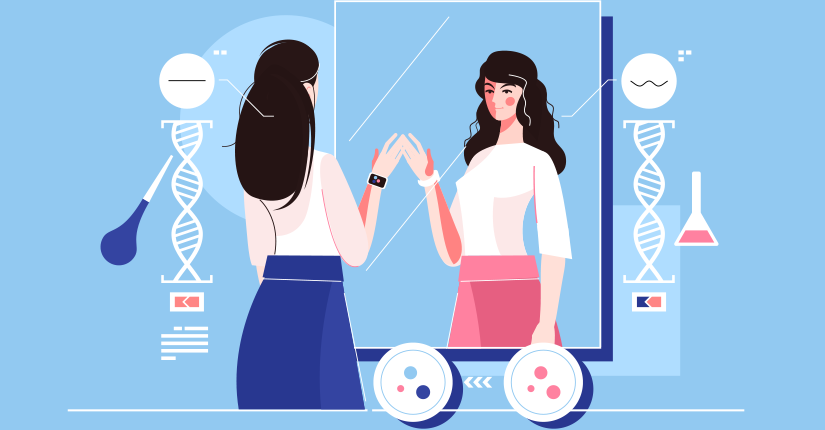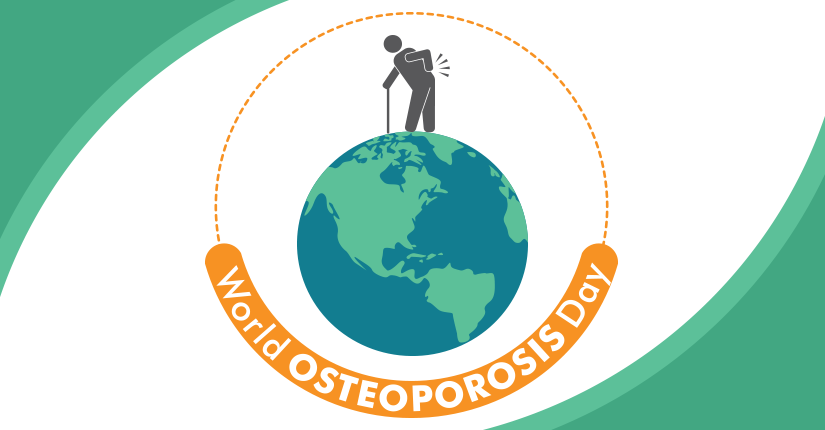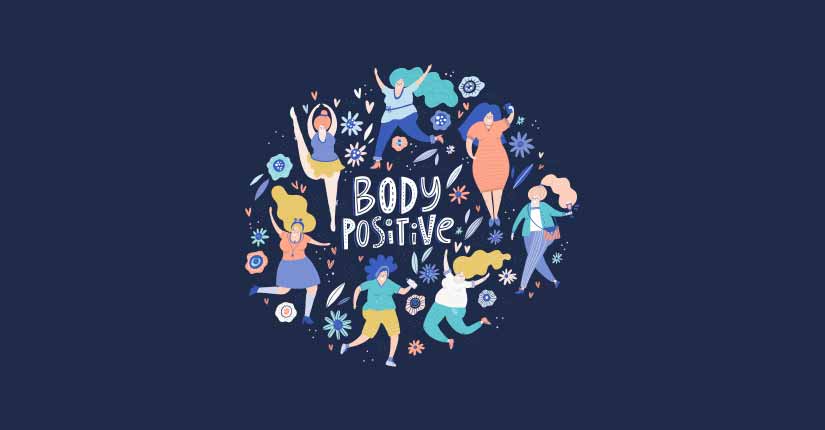Biological & Behavioural Changes One Experiences Post 40
By: Admin Date: 24-Aug 2020 Reading Time: 8 Mins

As humans age, the skin tends to become thinner, less elastic, drier, and finely wrinkled. These are the visible changes. However, exposure to sunlight over the years contributes to wrinkling and to making the skin rough and blotchy. People who have avoided exposure to sunlight often look much younger than their age.
Glaucoma is an eye disorder of the optic nerve that, if untreated, may lead to damage to the optic disc of the eye and resultant visual-field loss, which can lead to blindness and presbyopia, the inability of the eye, due to aging, to focus on nearby objects; farsightedness is seen whereas in women, menopause, the cessation of menstruation is observed.
Adults experiences age-related changes based on several factors: biological factors such as molecular and cellular changes are known as primary aging, while aging that occurs due to controllable factors, such as lack of physical exercise and poor diet, is referred to as secondary aging. As cells age, they function less well. Eventually, old cells must die, as a normal part of the body’s functioning.
Often, the first signs of aging involve the musculoskeletal system. The eyes, followed by the ears, begin to change early in mid-life. Most internal functions go slow with aging. Most bodily functions peak shortly before age 30 and then begin a gradual but continuous decline. However, even with this decline, most functions remain adequate because most organs start with considerably more functional capacity than the body needs (functional reserve).
Bones and Joints
Bones tend to become less dense, especially in females. Moderate loss of bone density is termed osteopenia and severe loss of bone density (including occurrence of a fracture due to loss of bond density) is called osteoporosis. With osteoporosis, bones become weaker and more likely to break. In women, loss of bone density speeds up after menopause because less estrogen is produced as estrogen helps prevent too much bone from being broken down during the body’s normal process of forming, breaking down, and re-forming bone.
Muscles and Body Fat
The amount of muscle tissue (muscle mass) and muscle strength tend to decrease beginning around age 30 and continuing throughout life. Some of the decrease is caused by physical inactivity and decreasing levels of growth hormone and testosterone, which stimulate muscle development. Also, muscles cannot contract as quickly because more fast-contracting (fast-twitch) muscle fibers are lost than slow-contracting (slow-twitch) muscle fibers. However, aging’s effects reduce muscle mass and strength by no more than about 10 to 15% during an adult’s lifetime. In the absence of disease, most of the loss beyond that 10 to 15% is preventable with regular exercise. More severe muscle loss (called sarcopenia, which literally means loss of flesh) results from disease or extreme inactivity, not from aging alone.
Changes in the lenses of the eye can cause or contribute to the loss of near vision: During their 40s, most people notice that seeing objects closer than 2 feet becomes difficult. This change in vision, called presbyopia, occurs because the lens in the eye stiffens. Normally, the lens changes its shape to help the eye focus. A stiffer lens makes focusing on close objects harder. Ultimately, almost everyone gets presbyopia and needs magnifying reading glasses. People who need glasses to see distant objects may need to wear bifocals or glasses with variable-focus lenses.
Sense organs
- Hearing loss
- Taste and smell
- Immune system
- Digestion
Most changes in hearing are because of noise exposure as to aging. Exposure to loud noise over time damages the ear’s ability to hear. As people age, hearing high-pitched sounds becomes more difficult. This change is considered age-associated hearing loss (presbycusis). For example, violin music may sound less bright.
The tongue can identify only five basic tastes: sweet, sour, bitter, salt, and a relatively newly identified taste called umami (commonly described as meaty or savory). The sense of smell is needed to distinguish more subtle and complex flavors (such as raspberry).
Generally, when people are in their 50s, the ability to taste and smell starts to gradually decline. Both senses are needed to enjoy the full range of flavors in food. With age, taste buds on the tongue decrease in sensitivity. This change affects tasting sweet and salt more than bitter and sour. The ability to smell diminishes because the lining of the nose becomes thinner and drier and the nerve endings in the nose deteriorate. Because of these changes, many foods tend to taste bitter, and foods with subtle smells may taste bland.
When talking about the immune system, the cells of the immune system act more slowly. These cells are responsible for identifying and destroying foreign substances such as bacteria, other infecting microbes, and probably cancer cells.
The digestion becomes weak and slow and so with these biological changes one finds it difficult to overcome behavioural changes.
Behavioural changes which occur are feeling irritated, having a sense of insecurity towards their safety and feeling difficult to overcome any illness or disease due to delayed healing response of body. The behavioural changes may vary from person to person.
Over to you
We cannot undo or stop these biological changes from happening but we can surely maintain a good lifestyle and have a balanced diet to proceed through these transition years smoothly.

















